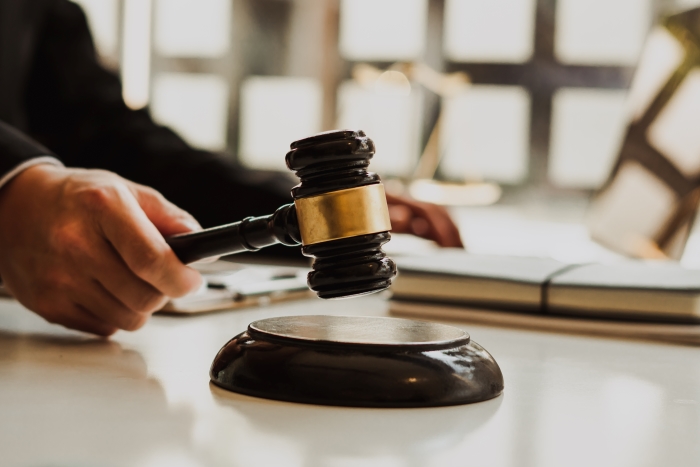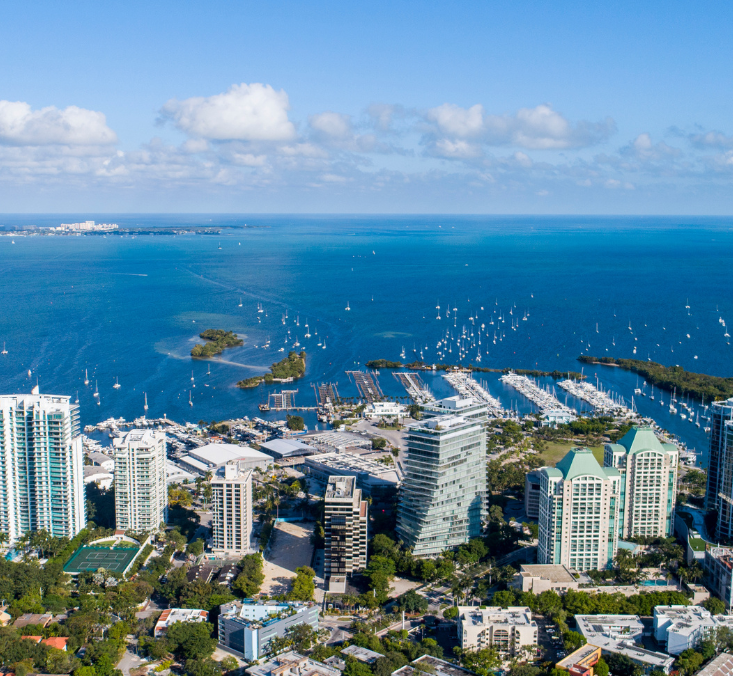Waterborne illnesses, such as Legionnaires' disease, Cholera, and E. Coli, pose significant health risks to individuals exposed to contaminated water sources. These diseases are caused by bacteria, viruses, and parasites that thrive in inadequately maintained water systems. Legionnaires' disease, in particular, is a severe form of pneumonia caused by the Legionella bacteria, commonly found in warm water environments such as cooling towers, hot tubs, and plumbing systems. Preventing the spread of such illnesses requires diligent water management, regulatory compliance, and proactive safety measures. If a company does not adequately maintain its water supply and a person subsequently contracts a waterborne illness from exposure to the water, it can lead to a significant lawsuit.
Preventing Waterborne Illnesses
1. Regular Maintenance of Water Systems
Proper maintenance of water systems is the most effective way to prevent the growth and spread of harmful bacteria. Building owners, facility managers, hotels and others should develop and implement comprehensive water management plans that include routine inspections, cleaning, and disinfection of water sources. Companies should train their employees to be diligent about water maintenance and require that maintenance is documented in logs that are preserved for at least one year.
2. Monitoring and Controlling Water Temperatures
Many waterborne bacteria thrive in water temperatures similar to that of a human body. For example, Legionella bacteria thrive in water temperatures between 77°F and 113°F. Maintaining hot water at temperatures above 140°F and cold water below 68°F can significantly reduce bacterial growth.
3. Proper Use of Chlorine
Chlorination and other disinfection methods help control bacterial contamination in water systems. Regular testing and monitoring of disinfectant levels are necessary to ensure effective pathogen control without posing risks to human health.
4. Flushing Stagnant Water
Stagnant water in pipes, particularly in buildings or hotels with low occupancy or seasonal use, can become a breeding ground for bacteria. Regularly flushing water systems by running taps and showers helps prevent microbial buildup. Companies should develop policies and procedures mandating flushing of areas with low occupancy at least once every 72 hours.
5. Implementing Regular Tests
Facilities, particularly hospitals, hotels, and others, should conduct routine water sampling to test for waterborne bacteria. However, different kinds of bacteria require different types of testing. For example, E. Coli testing can usually be handled by in-house employees with minimal training. Legionella testing, on the other hand, should be handled by an accredited lab such as PathCon Laboratories, to ensure that the testing is accurate. For best results, testing should be conducted monthly.
Establishing Causation in Waterborne Illness Cases
One of the most challenging aspects of pursuing a legal claim for a waterborne illness can be proving causation. A plaintiff must demonstrate that their illness resulted from exposure to a contaminated water source due to the defendant's negligence. It can be difficult for a plaintiff to prove causation if the plaintiff has either travelled or stayed in different locations in the 14 days prior to contracting the disease.
Key Elements Needed to Prove Causation:
- Medical Diagnosis: The plaintiff must have a confirmed diagnosis of the illness, typically through laboratory testing that identifies the pathogen.
- Environmental Testing: Water samples from the suspected source should be tested to establish the presence of the harmful bacteria or pathogen. However, even previous testing results are compelling evidence.
- Epidemiological Evidence: A cluster of similar cases linked to a common water source can help support the claim.
- Failure to Maintain Water Systems: Documentation showing inadequate maintenance, lack of testing, or regulatory violations strengthens a plaintiff’s case.
Legal Remedies for Waterborne Illness Victims
If a Plaintiff can establish causation, the damages for contracting a waterborne illness can be significant. Diseases such as Legionnaires’ disease can result in respiratory failure, sepsis, renal failure, and even death.
Recoverable Damages
Victims of waterborne illnesses may be entitled to compensation for:
- Pain and Suffering: Damages for physical pain, emotional distress, and diminished quality of life.
- Medical Expenses: Costs associated with hospitalization, medication, and ongoing treatment.
- Lost Wages: Compensation for time missed from work due to illness and recovery.
- Wrongful Death: In fatal cases, surviving family members may seek compensation for funeral expenses, loss of companionship, and financial support.
Preventing waterborne illnesses requires diligent oversight, adherence to public health guidelines, and responsible water management. When outbreaks occur due to negligence, victims have legal avenues to seek compensation for their suffering. Establishing causation in these cases requires thorough investigation, environmental testing, and expert analysis. By implementing proactive prevention measures, businesses and property owners can protect public health and reduce liability risks, ensuring safer water systems for everyone.
The attorneys at Mase Seitz Briggs have dealt with businesses and individuals who have been affected by waterborne illnesses. If you are dealing with a waterborne illness claim, or plan to pursue one, contact us today to understand your options.




